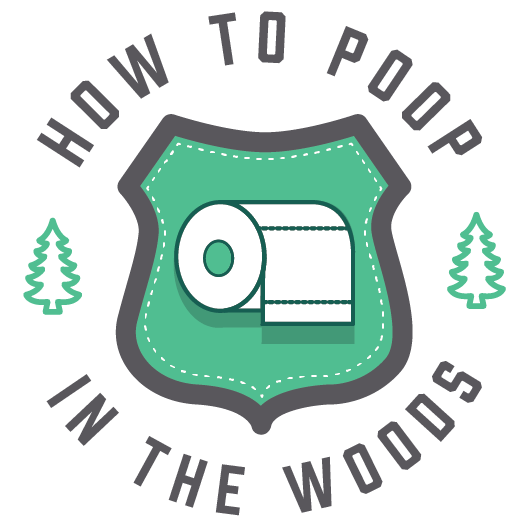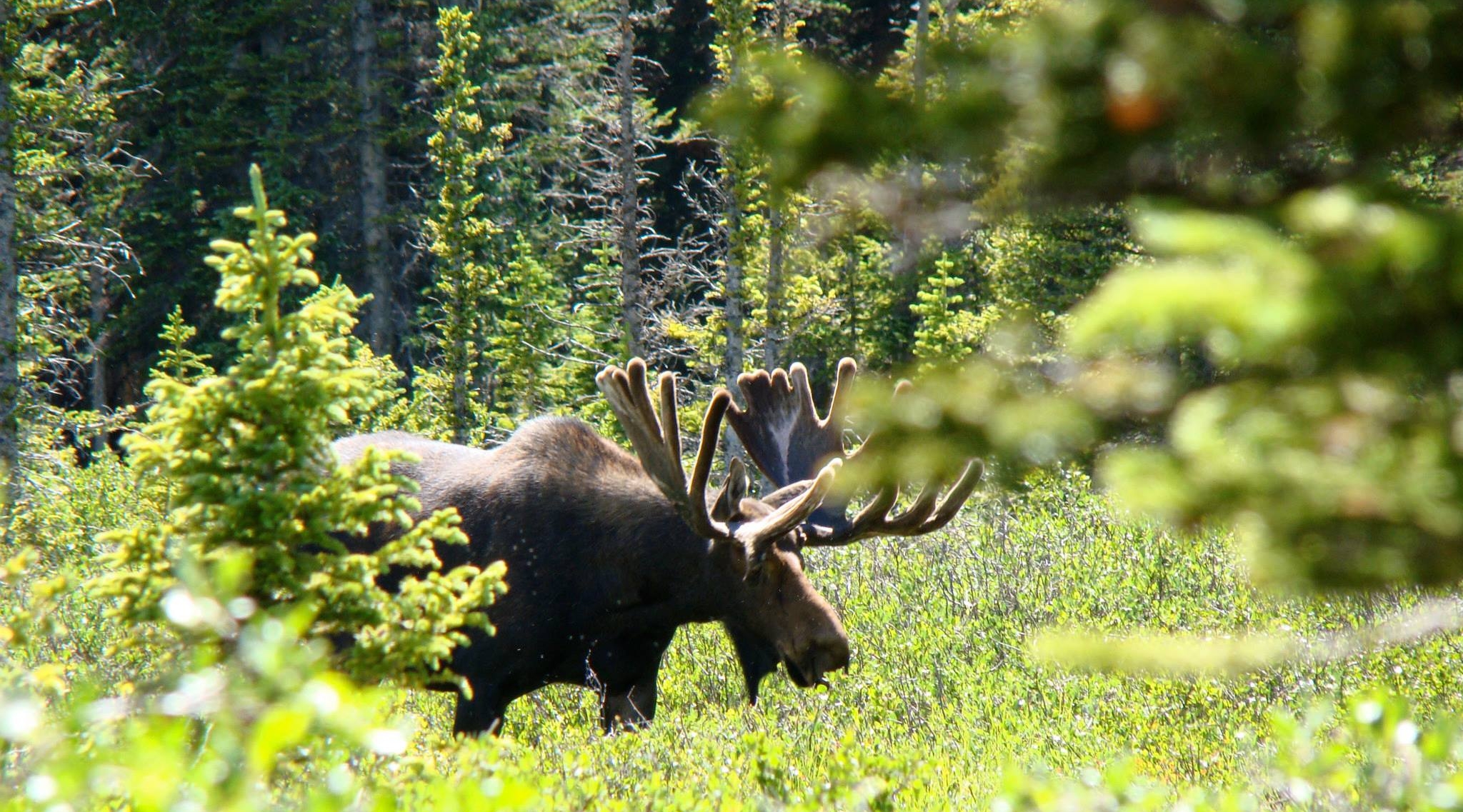How to Bear-Proof Your Campsite
"My particular dread...was having to lie in a small tent, alone in an inky wilderness, listening to a foraging bear outside and wondering what its intentions were."
- Bill Bryson, A Walk in the Woods
Friday night, a bear strolled through our neighborhood and broke into one trash can, ours, to steal one thing: some expensive sausage. It is nerve wracking waking up to the sound of a bear rummaging through your stuff and licking her chops. It made my hair stand on end and I was in a second story bedroom, not separated from the scene by a thin flap of nylon.
This is not the bear that broke into our trash. This bear is in the zoo. But this picture is way cooler than the blurry black blob that broke into my trash.
Bears an have incredible sense of smell (they can detect odors up to a mile away), and they are stealthier and more industrious than their bulk betrays. Our visitor smelled the sausage through two bags and the trash can and zeroed in. Imagine if that had been a candy bar in my pocket in my tent. Luckily, a bear canister can help you avoid a close encounter at your campsite.
Things to Bear in Mind
Rule 1
Never approach a bear
Rule 2
Never feed a bear
Rule 3
Stay 100 yards away
Rule 4
Don't Panic!
Make sure to keep your campsite meticulously clean. Set up your kitchen 100 yards away.
Setting up camp
START OFF ON THE RIGHT FOOT
When setting up your campsite, there are a few steps you can take to avoid the odds of a bear interaction from the get-go. Choose a site that is naturally uninteresting to bears. Berry patches, game trails, and rivers full of fish are happy places for hungry bears. Avoid pitching your tent in a spot they are likely to visit.
Pitch your tent upwind from your camp kitchen and your food stash. Keep 100 yards between your tent and any area where you are preparing or storing food.
Keep your campsite obsessively clean. There's no point in stashing your food far away if you leave crumbs, Clif bars, or cooking-odor-filled clothing around your tent.
Fig. 1
Bears aren't the only animals to be concerned about in the backcountry. This moose strolled right through camp when we were cooking.
Fig. 2
Cooking
DON'T COOK IN CAMP
Make sure to set up your kitchen at least 100 yards downwind from your sleeping area. Never cook in or just outside of your tent. Keep your food stowed in a bear canister with the lid on when in camp, and don't leave crumbs lying around.
The clothes you cook in will absorb the scent of your food. Make sure to put them into the bear canister or other scent-proof container with your leftover food food for the night.
Wash your cook set and clean your dining area immediately after eating. As we've discussed, bears have a prodigious sense of smell, and the longer you leave leftovers sitting out, the longer they have to pick up the scent and make their way in your direction. Dispose of dish water according to the tenets of Leave No Trace: in a hole in the ground at least 200 feet away from water sources.
Properly stowing your food will also protect your campsite from rodent invaders who can be just as loud and destructive as bears.
Fig. 3
The Bear Canister
DOUBLES AS A COOKING STOOL
There are many ways to keep food and other scented items away from bears. My personal favorite is the bear canister. It is much easier to implement than a bear hang, and allows you to keep the canister in your cook area until you are finished with all scented items, including your cooking clothes and tooth brush.
It is quite easy to use:
- Store all food, trash, cooking items, toiletries, and other scented items inside. As the National Park Service puts it, "if you put it in your mouth or on your skin, it should probably be stored in a bear canister."
- Put your cooking clothes into the canister. The scent they absorb when you cook can attract bears to your campsite if you leave them in your backpack or tent.
- Double check your pockets, backpack, and tent to make sure that you've stowed ALL of your snacks in the bear bin. If you have pockets that contained food, best to store that piece of clothing in the bin. Don't be the person who attracts a bear with their midnight snack!
- Hide your canister at least 100 yards away from your campsite, away from cliffs, hills, or water sources. If a bear does find and toy with it, you don't want it falling off a cliff or into a river. I like to partially bury mine under rocks or tree roots. Consider adding reflective or brightly colored duct tape to make it easier for you to find after dark or in the morning.
- Practice with your canister before you hit the trail. They can be difficult to open and close, and unwieldy to pack. Make sure you've got it down so you can access and stow your food in cold, rain, and of course, upon a bear sighting.




